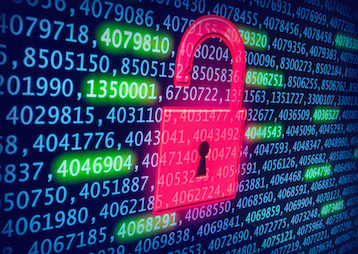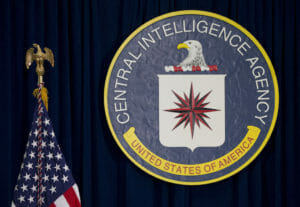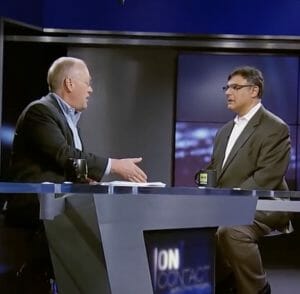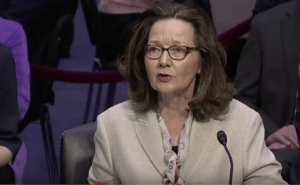The Debate Over WikiLeaks and Privacy Rights
WikiLeaks founder Julian Assange offers to use the latest leaks to help companies improve their cybersecurity, but critics argue that privacy is dead.
The “Vault 7” leaks are forcing many Americans to question their privacy rights. (Blogtrepreneur / CC 2.0)
On Tuesday, WikiLeaks released a new trove of documents, revealing alleged hacking techniques used by the Central Intelligence Agency. In the days since, critics and supporters of WikiLeaks have jumped into a global conversation on privacy rights and surveillance in the modern era.
“I don’t think there’s been absolute privacy in the history of mankind,” Albert Gidari, director of privacy at the Stanford Center for Internet and Society, told The Guardian on Thursday. “At the same time things are more intrusive, persistent, searchable, they never die. So our conception of what is or isn’t risk from a privacy perspective does change and evolve over time.”
James Comey, director of the Federal Bureau of Investigation, agrees. “There is no such thing as absolute privacy in America,” he said in the wake of the “Vault 7” leaks. “All of us have a reasonable expectation of privacy in our homes, in our cars, and in our devices. But it also means with good reason, in court, government, through law enforcement, can invade our private spaces.”
Many in the intelligence community voiced concerns that the Vault 7 leaks would help hackers by providing them with a new set of technological tools.
“That isn’t protecting American citizens,” Gidari said. “There is nearly universal consensus from technologists that it’s impossible to build weaknesses or access mechanisms into technology that can only be used by the good guys and not the bad.”
Julian Assange, founder and editor in chief of WikiLeaks, sees the Vault 7 leaks in a much different light. Speaking via video link at a news conference Thursday, Assange offered to help tech companies remedy their own technology by exposing the flaws found in Vault 7 technology.
[Assange] offered a lifeline to the companies, saying the antisecrecy organization was prepared to share leaked computer code that it has not yet published with Apple, Google and other technology companies to help them fix the flaws described in the leaked C.I.A. documents.
“We have decided to work with them to give them some exclusive access to the additional technical details we have, so that fixes can be developed and pushed out so people can be secured,” Mr. Assange said.
The companies reacted cautiously to the WikiLeaks offer, saying there could be legal complications in accepting classified information stolen from the government. Sean Spicer, the White House press secretary, advised the companies to seek legal advice before accepting the leaked code.
For Assange, the offer is all about beefing up cybersecurity. “Why has the Central Intelligence Agency not acted with speed to come together with Apple, Microsoft and other manufacturers to defend us all from its own weapons systems?” he asked Thursday.
Neil Richards, a law professor from Washington University, doesn’t think this offer helps address privacy concerns.
“It’s a very encouraging development if we care about civil liberties and the right to privacy, but at the same time it’s unsatisfying if the discretion of a company is the only real protection for our data,” Richards told The Guardian. “These decisions need to be made by the public, not by law enforcement or tech executives sitting in private.”
—Posted by Emma Niles
Independent journalism is under threat and overshadowed by heavily funded mainstream media.
You can help level the playing field. Become a member.
Your tax-deductible contribution keeps us digging beneath the headlines to give you thought-provoking, investigative reporting and analysis that unearths what's really happening- without compromise.
Give today to support our courageous, independent journalists.






You need to be a supporter to comment.
There are currently no responses to this article.
Be the first to respond.